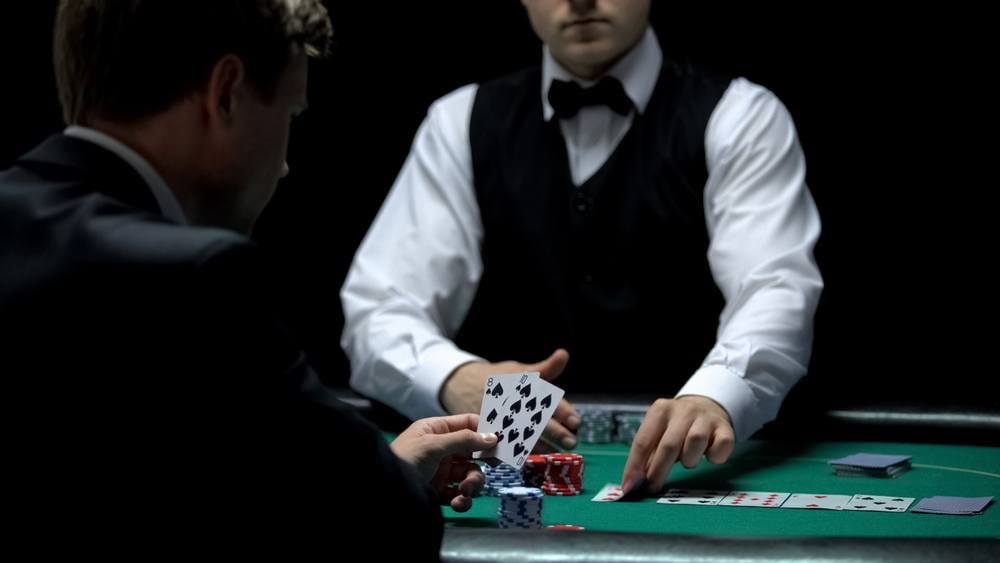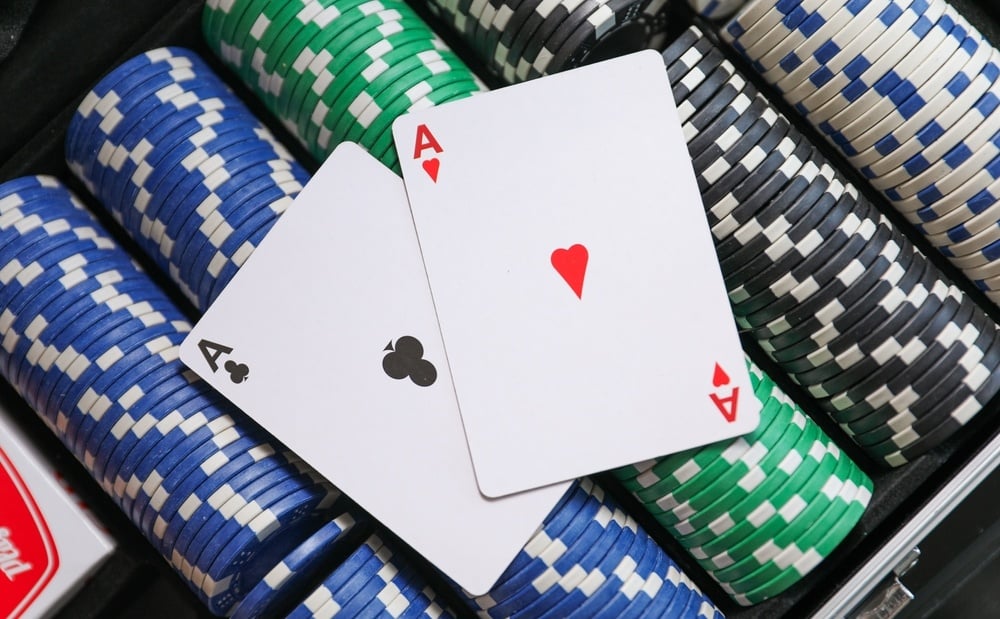5 Essential Poker Mindset Changes Every Beginner Should Make

Understanding the Right Poker Mindset for Beginners
Developing strong poker skills is more than just learning strategy-it's about building the right mental foundation. For new players, mastering the basics of the game is only half the battle. The other half is developing a mindset equipped to handle the highs and lows, manage risk, and approach challenges as growth opportunities. The following key mental shifts will help beginners avoid common pitfalls and pave the way for long-term progress.
- View Mistakes as Stepping Stones: Every error reveals an opportunity to improve. Reflecting on what went wrong in a hand allows you to identify patterns and sharpen your decision-making for next time.
- Practice Patience: Avoid the urge to rush decisions. Success in poker requires thoughtful moves and the discipline to wait for profitable opportunities.
- Recognize Skill Over Luck: While luck influences short-term results, lasting success goes to those who continually develop their skills and make informed choices.
- Balance Risk Wisely: Taking calculated risks is vital, but reckless gambles invite avoidable losses. Strengthen your ability to weigh risk against reward on every hand.
- Master Your Emotions: Poker can be emotionally taxing, but emotional control is crucial. The best players remain calm, even during swings or challenging sessions.
Becoming a consistent winner means more than a clever bluff or a lucky hand. It takes a clear, focused mindset that enables you to learn from setbacks, stick to good decisions, and continually grow. Let’s explore the five mental adjustments every new player needs.

Image credit: Dmitry Morgan/Shutterstock
Prioritize Good Decisions Over Immediate Results
It’s tempting to measure your poker sessions by wins and losses. However, focusing on the outcome of a single hand or session can obscure your real progress. Poker is fundamentally about making the best possible choices with imperfect information over a long period.
When players chase victories or dwell on short-term bad luck, they risk emotional reactions-chasing losses, becoming overly aggressive, or questioning their own abilities. Separating your identity from your results is key. Instead, judge your performance by the quality of your decisions, not the outcome the cards dictate.
The most effective way to reinforce this mindset is by reviewing your hand history after each session. Ask yourself:
- Did I follow my game plan, or did frustration sideline my strategy?
- Were my decisions rooted in logic, considering opponents and position?
- What adjustments can I make for future sessions?
Keeping a poker journal can help reveal trends and reinforce growth over time.

Image credit: Motortion Films/Shutterstock
Accept Variance as an Inescapable Part of Poker
While poker is a skill-based game, it is also governed by variance- the unpredictable swings and streaks that accompany games of chance. Even world-class players lose hands despite playing optimally.
If you’re a beginner, it’s important to understand that variance is impartial-it affects everyone. Accepting this reality prevents you from internalizing losses or believing that bad beats are a reflection of your skill level.
How can you manage the inevitable frustration from a tough loss? Try the 6-2-7 breathing exercise to stay composed:
- Inhale through your nose for 6 seconds.
- Hold your breath for 2 seconds.
- Exhale steadily through your mouth for 7 seconds.
This technique is an effective way to reset your emotions so you can return to the table clear-minded, rather than on tilt.

Image Credit: Kitreel/Shutterstock
Embrace a Growth Mindset for Lasting Improvement
Many newcomers believe success at poker depends on natural talent or sheer luck. However, the most enduring poker skill is a willingness to learn and adapt over time. Adopting a growth mindset means believing improvement is always possible if you commit to learning from mistakes and adjusting your approach.
Each session won’t go perfectly, and errors are unavoidable. Rather than viewing missteps as proof you’re not cut out for the game, use them as guiding lights for what to study next or practice more. Celebrate progress instead of chasing perfection.
After each session, reflect by asking:
- What’s one thing I did right today?
- What’s one thing I did wrong, and what does it teach me?
- What can I do differently in my next game?
Seeing poker as a journey of continual development-rather than a pass/fail exam-reduces pressure and accelerates growth.
Making Poker a Life-Long Learning Experience
Remember, every successful poker legend once sat where you are as a beginner. Their secret wasn’t avoiding mistakes, but learning from them. Stay curious, ask questions, and let every hand refine your abilities.

Image Credit: Your Hand Please/Shutterstock
Develop Discipline and Patience for Consistency
Poker rewards players who can exercise self-restraint. Wanting to play every hand or chase every loss leads to quick bankroll depletion and burnout. True discipline involves knowing when to fold, waiting for statistically favorable situations, and resisting the urge to break from your plan in frustration or boredom.
Before each game, set up a pre-session checklist, which may include:
- Defined starting hand ranges by table position.
- A limit for losses during that session-a personal “stop-loss”.
- Clear expectations for managing frustration, such as taking breaks after tough hands.
Patience isn’t passive-it’s about actively investing your attention in observing opponents and reading table dynamics. The greatest profits in poker often come from playing less, not more, and acting only when odds are in your favor.

Image credit: Kiselev Andrey Valerevich/Shutterstock
Build Emotional Resilience for Long-Term Success
No matter your preparation, every poker player faces setbacks. Tilt-a temporary state where emotions override logic-is one of the leading causes of rapid losses, especially for beginners. Developing emotional resilience means learning how to respond constructively to bad beats and challenging sessions.
You cannot control the cards, but you can control your reactions. Positive self-talk can help:
Instead of thinking, “I always lose with good hands,” remind yourself, “Variance is part of poker, and I made a good decision with the information I had.”
If you feel frustration rising, step away for a few minutes or use a calming breathing technique. With practice, these habits become automatic, allowing you to recover quickly from setbacks and play your A-game for longer.
The Power of Emotional Strength in Poker
Emotional resilience isn’t about never feeling upset-it’s about shortening recovery time. The faster you can regain focus after a setback, the more consistent your results will be and the more enjoyable the game becomes.
Cultivating a Winning Poker Mentality
True poker success is a blend of strategic knowledge and a resilient, growth-oriented mindset. The five mindset shifts-valuing decisions over outcomes, accepting variance, fostering a growth attitude, exercising discipline and patience, and developing emotional strength-create the mental framework for continual improvement and enjoyment.
Don’t try to overhaul your entire mindset overnight. Choose one area to focus on each week, such as journaling after sessions or practicing mindfulness after a tough beat. These incremental changes will, over time, transform not just your results-but your love for the game itself.













